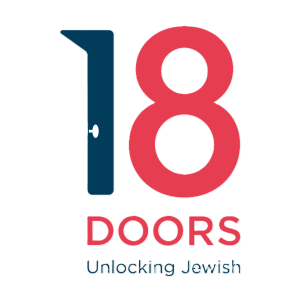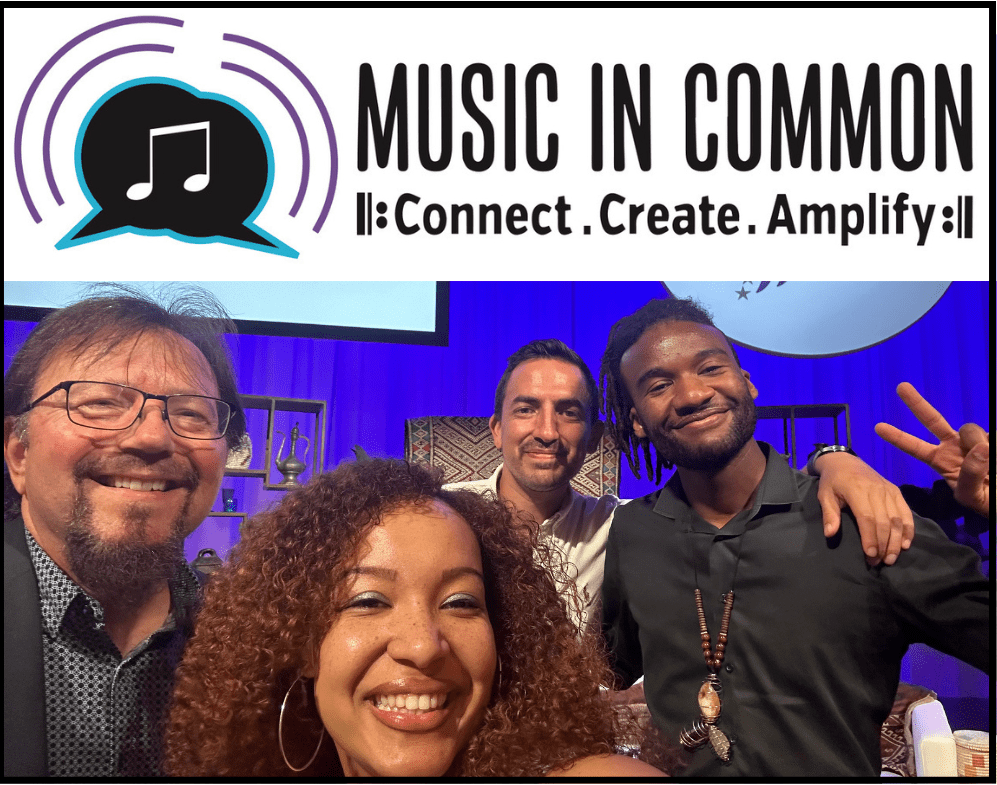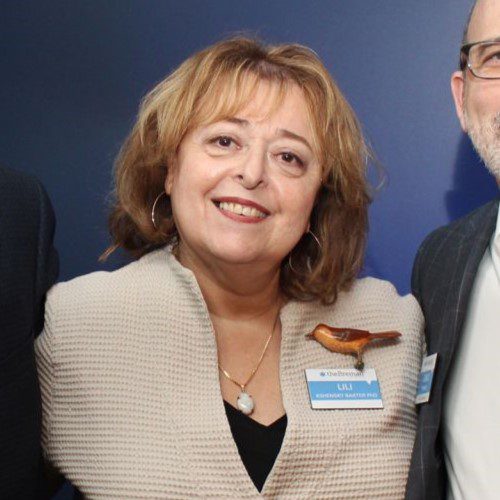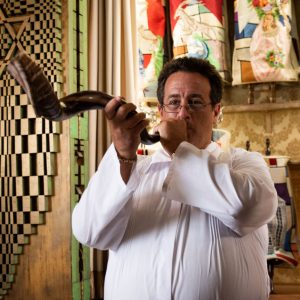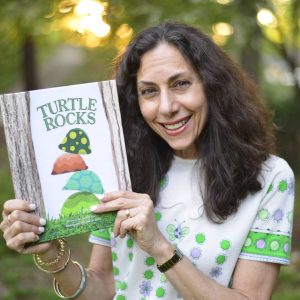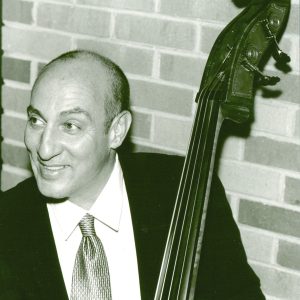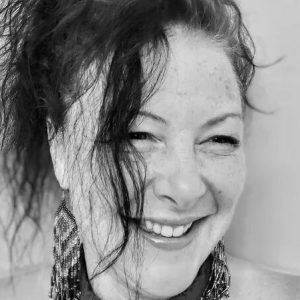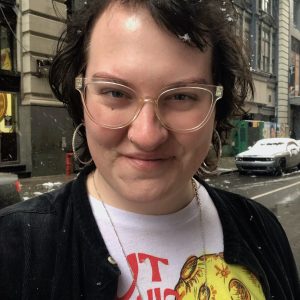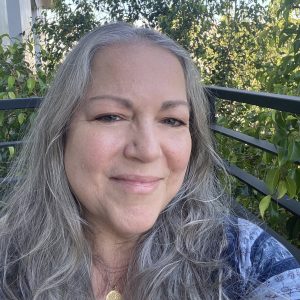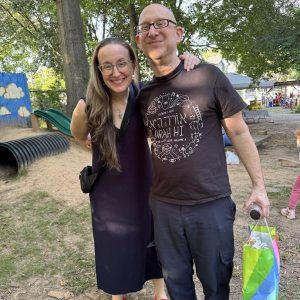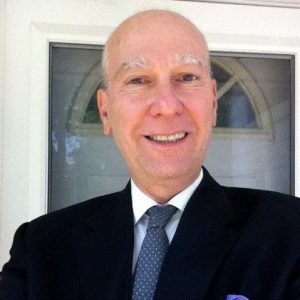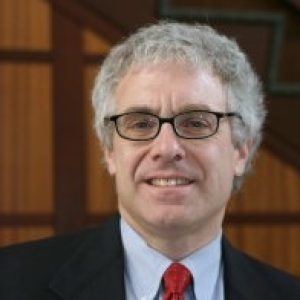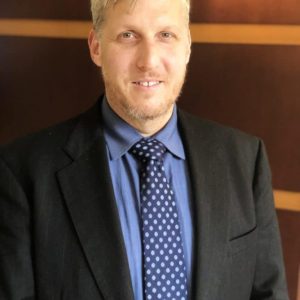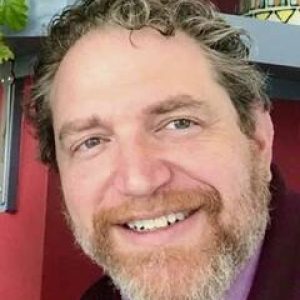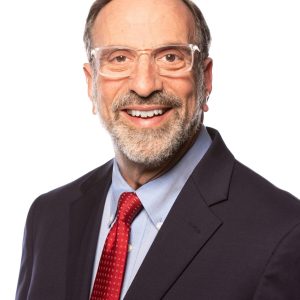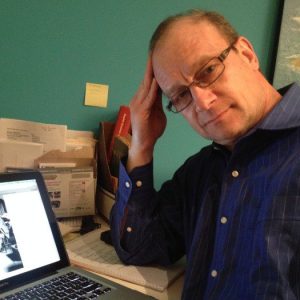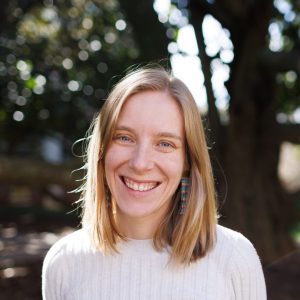What Does it All Mean?
Ramah Reflections
By Rabbi Laurence Rosenthal
August 17, 2016 | 13 Av 5776
This past summer I was offered a true gift – the opportunity to be away at a very special place where Judaism wasn't discretionary or an inconvenience, but an integral part of our lives. My time at Camp Ramah Darom provided me with a window not just into the camp world, but into a culture that could be. It could be something that we create back in Atlanta at Ahavath Achim. Of course, conditions aren't identical. But if you think that the staff and leadership of Camp Ramah don't work much to make the magic happen, then you clearly know nothing about the Jewish camping world. It is a lotof work.
When you're at camp it is hard to see all the mechanics that go on behind the scenes. During session it just looks like a lot of kids, being led by older kids, running around and having fun. However, when the summer ended and the kids departed, the curtain was pulled back.
After all the campers left on Monday, there was still much work to do – clean the entire camp, perform exit interviews and turn the facilities over for the next set of programs in just a few days' time, so staff wasn't able to leave when the campers departed. On Tuesday night, we gathered in thechadar ochel (dining room) for Ramah's way of saying "thank you." I was shocked! The number of camp staff needed to run our second session of camp filled an entire dining room. Those 'older kids' weren't kids at all but young adults who had dedicated their summer to creating a transformative experience for our kids. Being so close to Rachel Dobbs Schwartz, Assistant Director of the camp and a member of our congregation, I spent many evenings hearing about the painstaking efforts that go into supporting the campers and the amazing (and plentiful!) staff. If you want to transform the Jewish world…..it takes work. A lot of work. Hard work. Unending work – and it takes all of us.
In sending my reflections to you during the summer I asked a number of questions. I heard a few wonderful answers and thoughts but not nearly enough of you weighed in. It is great that we have such a wonderful core of people who are seriously engaged and work very hard to make Ahavath Achim synagogue the incredible place that it is. However, to truly be transformative, it's going to take many more people. It's going to take YOU to offer your thoughts, to dedicate your time and to share your passion for Judaism, Jewish living and the Jewish people. We need all hands on deck if we are going to move this ship forward. Therefore, I want to hear from you. If you commented on one of my Ramah reflections already, comment again. Look back at the essays that I wrote or just refresh your memory with the questions below and let me know what you think, how you believe we can do it and what we can do together to make it happen.
If this is your first read of a Ramah reflection – welcome to the conversation. I am happy that you are here. What are your thoughts? How has our congregation been transformative in your life? If it hasn't been, how can it be? What Jewish experience has made the biggest impact on your life, and how can we translate that into the work that we do together at Ahavath Achim?
It is not magic, my friends. It takes a lot of people to make amazing things happen. Let us start with adding your voice to the conversation. The future is listening! lrosenthal@aasynagogue.org
Question from Reflection #1 – What can we do, as a congregation, to empower and strengthen those who come into our spiritual home so that they can participate – perhaps even contribute to our collective experience?
Questions from Reflection #2 – What can Shabbat look like? Camp has taught me that we not only have the spiritual obligation to claim mastery over time but we have the power and strength to do it. If a bunch of Jewish kids up in Clayton, GA can turn their clock to the right time, so can we! Please share with me your ideas for making the 25 hours of Shabbat into an oasis in time.
Question from Reflection # 3 – What do our congregants need to know and what skills should all members of our community possess to be fully engaged and inspired to participate? Should membership in the synagogue come with a tutorial of Jewish learning? Should there be a basic curriculum of adult education running year round at our congregation? What would those topics be? What skills should everybody be able to do and how can we ensure that everybody is able to learn them? Learn them in a way that is interesting, relevant and upholds their dignity and respect? I look forward to hearing what we can come up with together to create a space that helps to transform our souls.
Questions from Reflection #4 – How can we get a critical mass of people to our Friday night services to begin Shabbat together in joyous song and praise? How can we come together to help instill in each of us this neshama yetera, a second soul?
Question from Reflection #5 – Where is our enthusiasm? How do we express it? Can we do more?
Enthusiasm is Contagious
Ramah Reflections
By Rabbi Laurence Rosenthal
August 10, 2016 | 6 Av 5776
We've all experienced it before. Maybe at a sporting event, maybe at a rally – enthusiasm. There is something really special about being around others who are excited about what they do and how they do it. Most of the time our awareness of enthusiasm is when it's over the top. For example, being at a ballgame when the people sitting in the next row are painted from the waist up in team colors. You might not be inclined to paint yourself, but having that person near you adds to the experience. Those expressions of enthusiasm – the Braves' tomahawk chop, the wave, the traditional 'charge' chant – make the experience fun, engaging and meaningful. It's the sum total of these experiences that keep us buying tickets year after year rather than watching the game on TV in the comfort of our own homes. With today's television graphics, replay, commentary and camera angles, the view of the game from our homes far outshines the view from the stadium seats. However, Crazy Painted Guy doesn't make house calls so we buy a ticket and trek down to the stadium for the experience.
We also know the power of enthusiasm when it is more subtle, but still powerful: a co-worker who loved her job; a college professor who loved the subject. These sorts of enthusiastic expressions are contagious and draw us closer to the subject and also to each other. We all know what this is like and the impact that enthusiasm has on us. Like you, I have my own stories.
It is a bit of a wonder that I am a rabbi today. If you saw me in high school you wouldn't have voted me 'most likely to be clergy.' I had hair down to my waist, I played speed metal drums (that's very loud rock and roll, for those unfamiliar), and the pursuit of philosophical truth and spiritual fulfillment wasn't high on my goals back then. I have spent a lot of time reflecting on my childhood to uncover the root cause of my drastic switch from aspiring rock and roll star to rabbi of a congregation in Atlanta, GA.
When I reflect, it really comes down to the kindness and care of enthusiastic people. The list of such folks is long, but there was an early individual who I thought about recently. My Hebrew School librarian. Yes, you read me right. Not a regular librarian or a public school librarian – a librarian in a religious school. I am sure many of us didn't even know that our religious schools had a librarian but mine did. I am not talking about somebody who I would see, year after year, week after week. No. I only remember one occasion that I was in her presence. I don't even remember her name, but for some reason the impression was indelible.
I was in kindergarten, maybe first grade. It was a decent size library – kind of like the AA's library. We all sat on the floor in a circle and waited for the librarian to come in and read us a story. I don't remember the story but I remember her. Really big glasses, curly, poufy hair, short and stout – she was a real character. But more than her looks, she was enthusiastic. As she read to us, she climbed up onto one of the tables and began acting out the tale. I was riveted.
If you have ever been in my study, one thing is immediately clear – I love books. Being surrounded by wall to wall, double stacked books – floor to ceiling – makes me feel comforted, inspired and open to any possibility. Books are not something often loved and adored by a dyslexic. However, through all my challenges with reading and comprehension, I have retained a love for books that far surpasses my experience with them. Clearly, somebody else's enthusiasm for books made an impression. Enthusiasm makes a difference.
Camp is all about enthusiasm. During my first week here I was invited to a morning breakfast meeting with the leaders of the various eidot (groups) to talk about morning tefilah (prayer). The topic of discussion was…page numbers. Just like synagogue, camp uses a prayer book and like all books the pages are numbered. Our morning meeting didn't center on the importance of calling out the page numbers – Camp Ramah has always done that. In fact, here at camp, page numbers are only called out in Hebrew, a wonderful opportunity to teach Hebrew numbers and acclimate the kids to our leshon hakodesh – holy language. Instead, the focus of our morning discussion was the importance of calling out page numbers with enthusiasm.
I've been a rabbi for eight years. Rabbi Sandler and I have talked about a lot of things in an effort to improve the prayer experience. I don't recall us ever talking about the tone and spirit by which we call out the page numbers in the siddur. But it's something they think about at camp! Although one may be quick to cast this as a waste of time, there is something to it. Calling out the page numbers is one of the few moments during prayer that the rashay adah (group leaders) get to speak during the service so these brief announcements are the only opportunities to make an impression on the prayer experience.
For many people the page number call-out is a moment to refocus. There are some in the room who don't know where we are in the siddur. When the page number is called out, it helps them reorient and rejoin the group. In addition, the page number is often the only cue to an important part of the prayer service – think "Barchu". How does a carnival barker introduce a headlining act at the circus, or how does a member of the royal court announce the arrival of the king and queen? Trumpets blaring, a roaring voice – enthusiasm! If the next prayer the congregation is going to recite is quintessential to standing before Hakadosh Barukh Hu (God), shouldn't the announcement of that page be made with the excitement and power for what the prayer stands for?!
Beyond the page numbers, the kids at camp seem to have enthusiasm for everything. Their prayers have melodies and dance moves. Birkat Hamzon (Grace After Meals) has hand signals and pounding on the table. One of the most impressive events up here is Camp Ramah Darom's Havdallahceremony. I wrote about this one in an earlier reflection. Accompanied by a full band, Havdallah is slow and moving. Beautiful melodies, vocal harmonies and a huge community singing along, shoulder to shoulder swaying to the rhythm – it is really beautiful. After Havdallah, the camp's tzevet rekud (dance staff) come out on the stage and lead the entire camp in the most energetic Israeli line dancing I have ever seen. In my rock and roll days, we used to call this scene a 'rave' but here at camp it's "Israeli dancing". Eventually, the evening ends, and they have a good night song. Half of the camp will go to sleep while the older kids have a late night activity. To separate the groups out, the good night song mentions each and every eidah by name. As camp director Geoff Menkowitz sings his Hebrew goodnight lullaby to the large group of campers, the eidah names are called out. With each name, the campers in that eidah scream out the name of their group. In the past, I have watched this scene from the back of the amphitheater. With each successive week, I moved further down the rows so that now I am at the bottom of the amphitheater in the middle of all the action. From that vantage point I can see that during this enthusiastic, screaming out of pride and honor for their particular eidah, the people who are screaming the loudest, jumping the highest and leading the spirit of each eidah isn't the campers but the counselors! Don't get me wrong! The kids scream, jump and are excited to show their group pride. However, the wellspring of enthusiasm which the kids draw from seems to emanate from the passion and energy of their counselors. Is this sort of posturing fake? No. It is a genuine, infectious excitement which increases others' energy and passion. Our friend, Crazy Paint Guy from the sporting event might not know it but his artistic, colorful rendering of team spirit helps those around him get into the right mood to cheer and holler for the home team. Maybe that's why he keeps doing it. The game just seems different when you paint your face!
Where is our enthusiasm? How do we express it? Can we do more? Please keep in mind that the enthusiasm needs to come from more than just the clergy. As the eidot got older, it was clear that the enthusiasm was coming from the campers and not the counselors. The more seasoned the camper, the more enthusiasm he/she exuded. Shouldn't this be the same for our congregants? Think about how we talk about the synagogue. Do you share enthusiasm for your spiritual community with others or do you talk about your frustrations and disappointments? When we come to services, do we encourage others to come with us? When we sing is it full throttle or are we barely humming the words? When somebody starts clapping do we join in or do we keep still, hoping that all this ruckus will soon end? Where is the source of our enthusiasm if it's not ourselves? Can we be that source for others so that our prayers and service are acceptable and desired by God? Tell me about your enthusiasm for our synagogue and how it can become contagious! lrosenthal@aasynagogue.org












